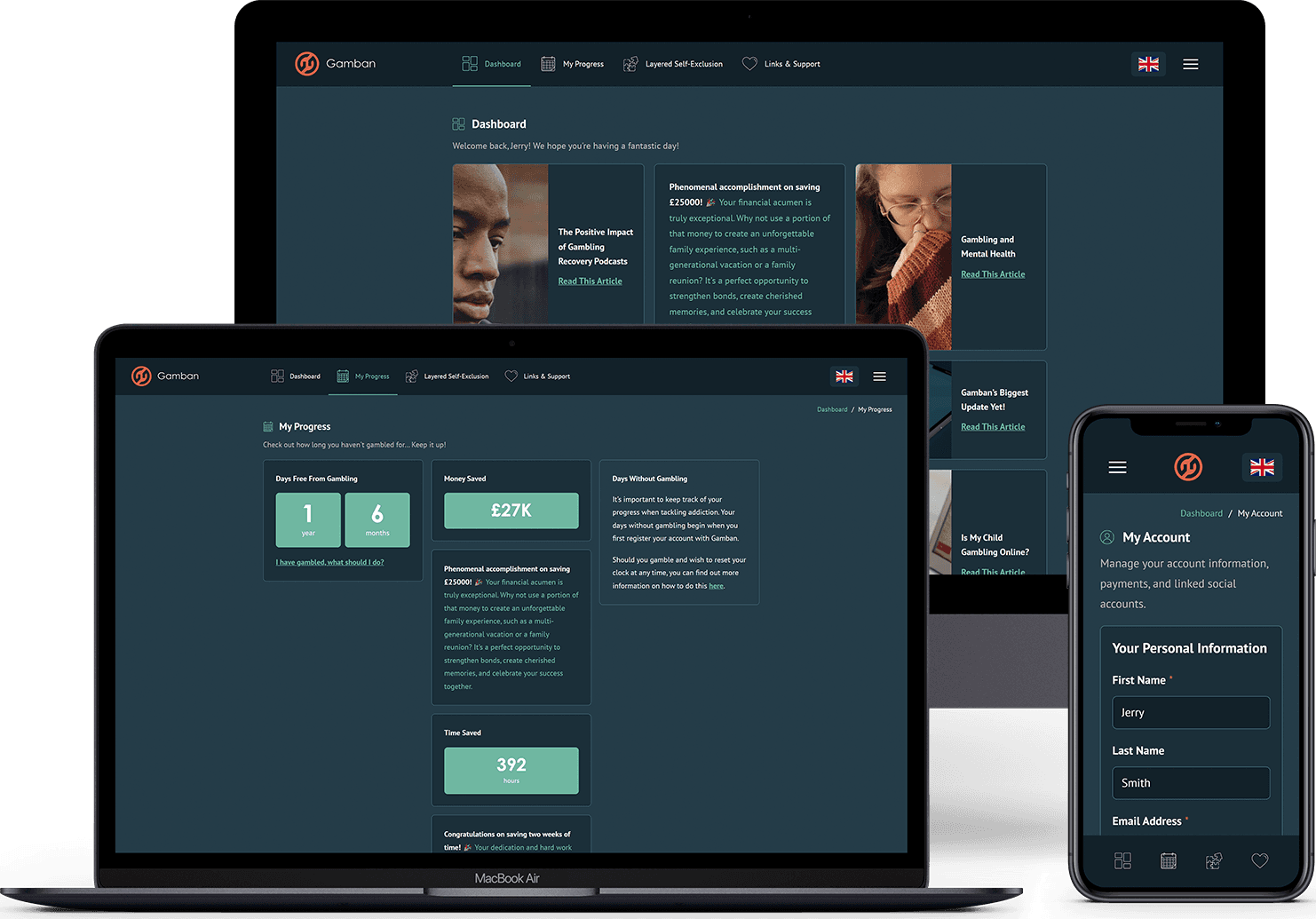12/08/2025
We tend to think of gambling addiction as something that affects older people. You may imagine a seasoned individual who develops a habit after years of gambling. However, due partly to the rapid growth and ease of access to online play, younger players are finding themselves bogged down in problem gambling. Many students experience problem gambling, and many find themselves in a very dangerous situation.
The UK’s student gambling figures – you are not alone!
Online betting is a fast-growing trend among young adults in the UK. Students are especially susceptible; in fact, according to the National Union of Students, about 59% of university students have gambled within the last year. About one in eight will eventually gamble more than they can afford to lose, with nearly 10% of UK students having used student loan money to gamble at least once.
How do young people get sucked into this cyclic behaviour? One widely-cited rationale is money. The financial pressures of supporting oneself through school can tempt users to see gambling as a quick way to get cash. However, entertainment and the excitement of betting are also common motivations. It may seem harmless at first, but a leisure activity can turn into an addiction easily.
This can have serious, lasting consequences. For example, nearly a quarter of respondents to the NUS study reported feelings of guilt when gambling. Many have even experienced problems with mental health as a result of gambling, such as extreme stress and depression. This is exceptionally dangerous for young people, who are already very vulnerable group from a mental health perspective.
The rate of suicide among university students in the UK increased by 56% between 2007 and 2016. There are many factors at play here, and not all of these cases are related to gambling addiction. However, the increase does correspond to the rise in online gambling.
Identifying and addressing problem gambling
It’s not always easy to determine when gambling becomes problematic. By the time you can identify the issue in young people, it’s often already at an advanced stage. Here are a few key indicators to watch out for that might suggest a problem:
- Skipping classes, activities, or other social events to engage in gambling.
- Losing interest in favourite pastimes and choosing to gamble instead.
- Avoiding or lying to friends and family to hide the habit.
- Selling or trading personal belongings to acquire money to put toward games.
- “Doubling-down” and trying to win money back by gambling more.
As with any addiction, the first step with problem gambling should be to seek help.
The National Gambling Helpline is available 24 hours a day, seven days a week. Call them on 0808 8020 133. It’s free and it does not show on itemised phone bills.
If you are not ready to talk yet, you can take the first step towards recovery by installing Gamban on your devices – computer, mobile phone and tablet. Click here to register and get started today.
Gamban is a leading provider of blocking software. The tool is demonstrated to be up to 99% effective, offering security and peace of mind and allowing victims of problem gambling to focus their attention on recovery.
SOURCES:
https://www.nus.org.uk/en/take-action/welfare-and-student-rights/gambling–knowing-the-risks/
http://OFFLINEZIP.wpsho/register/


